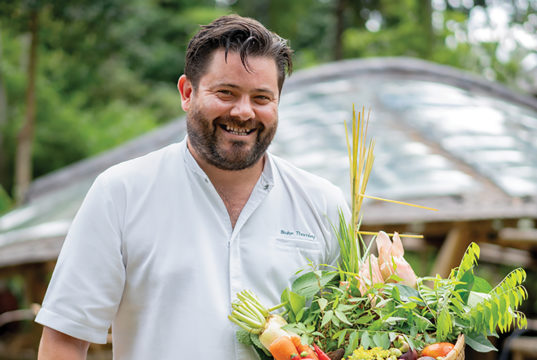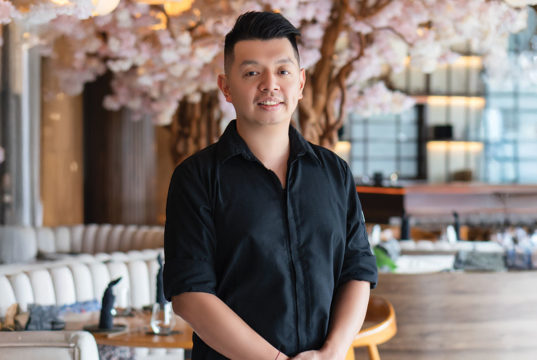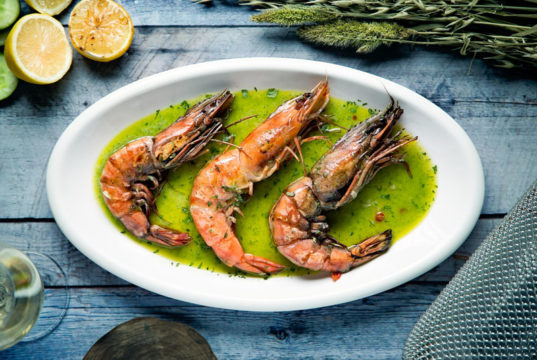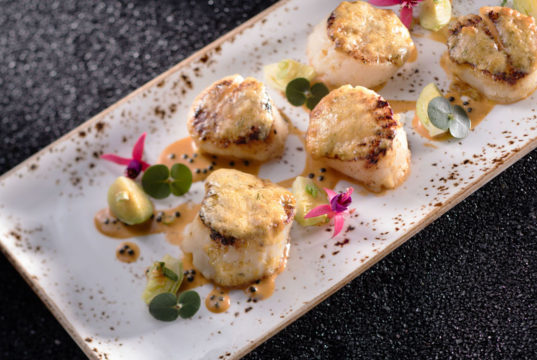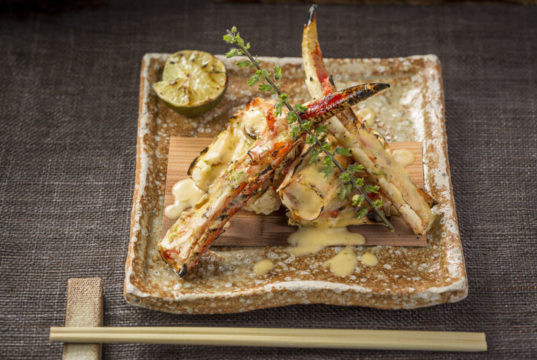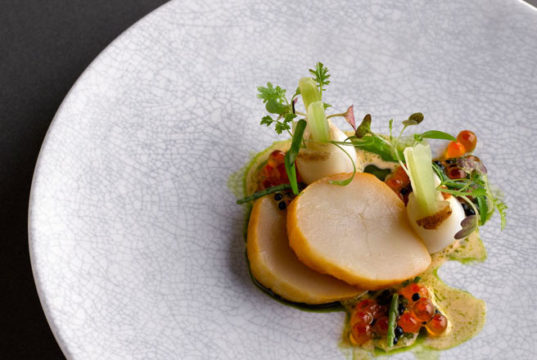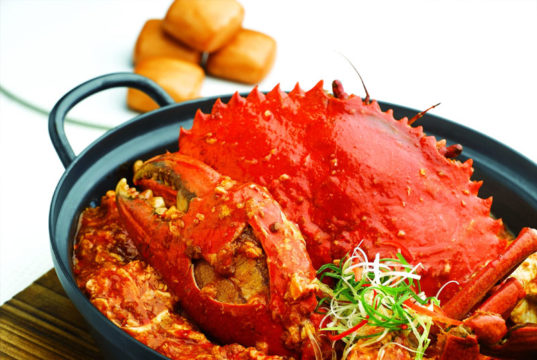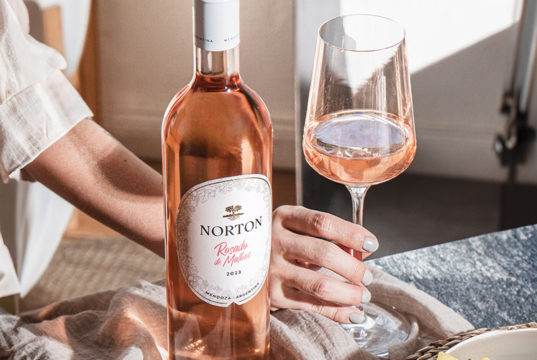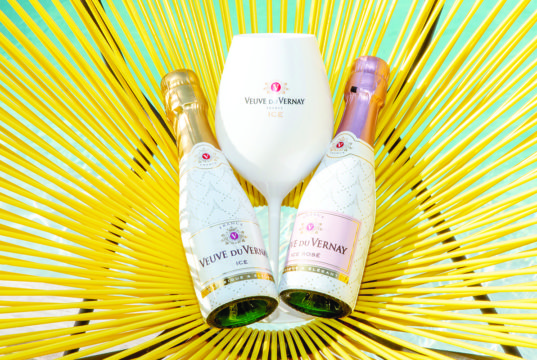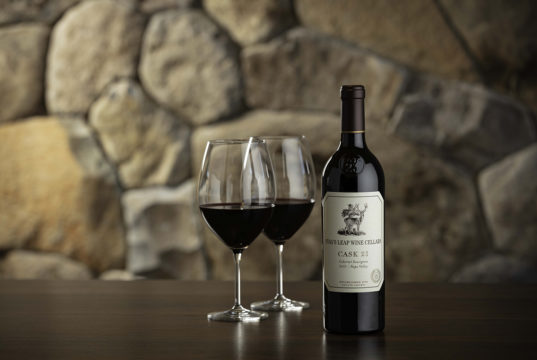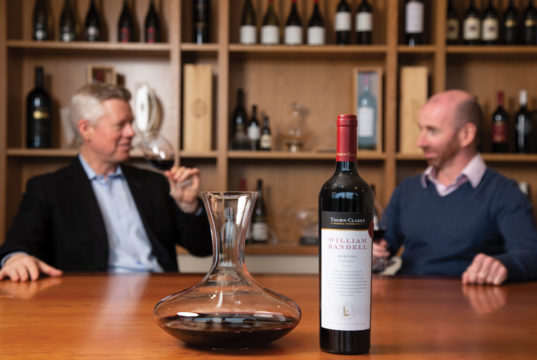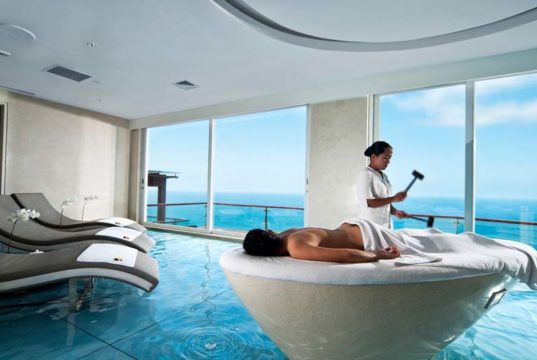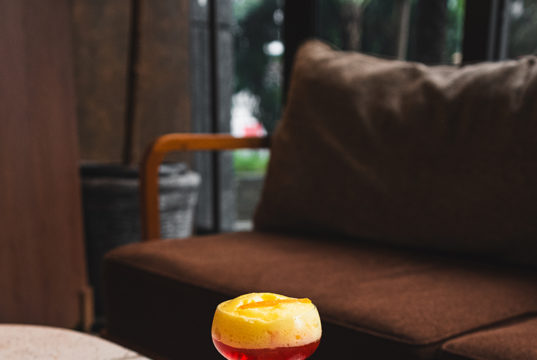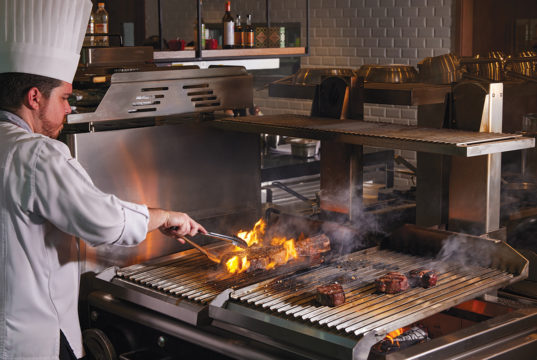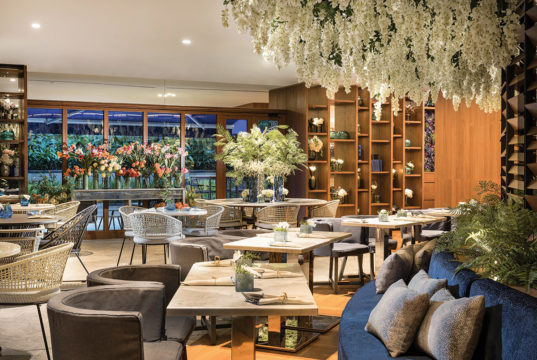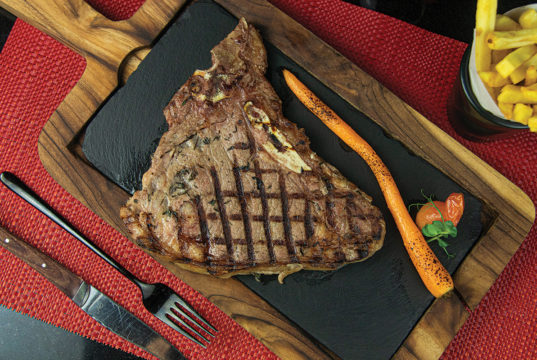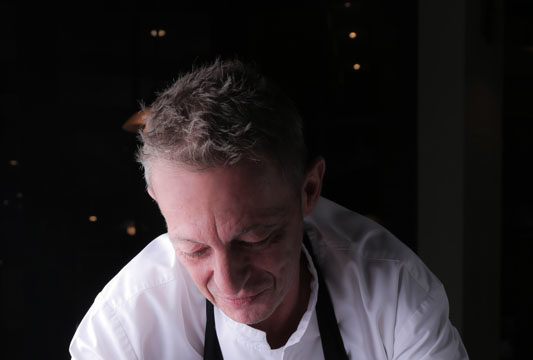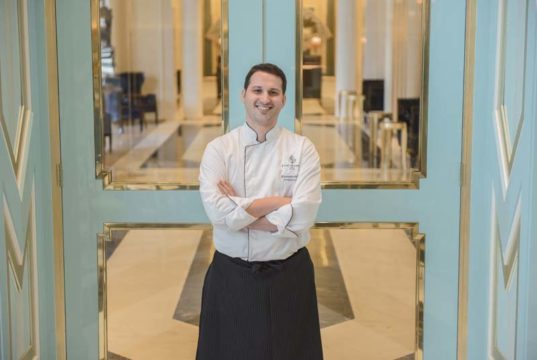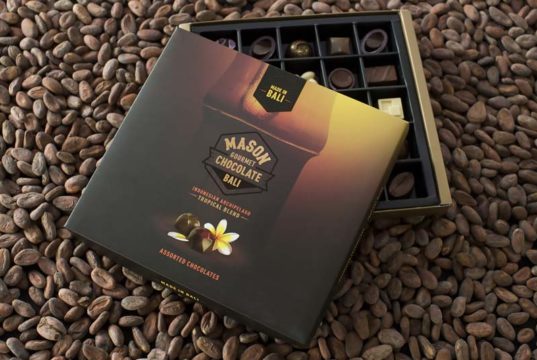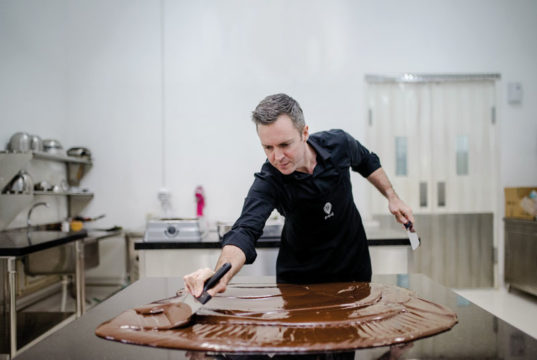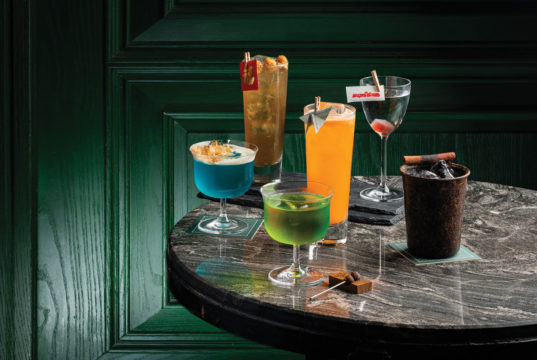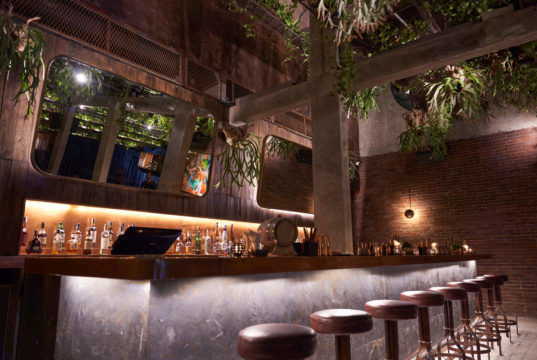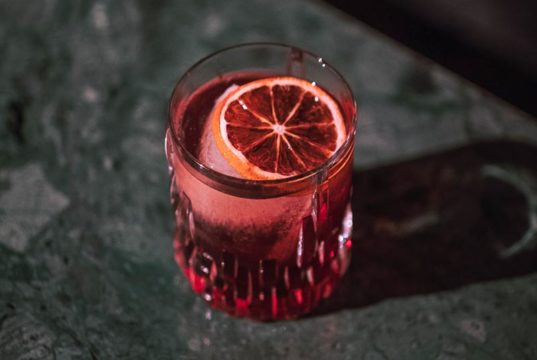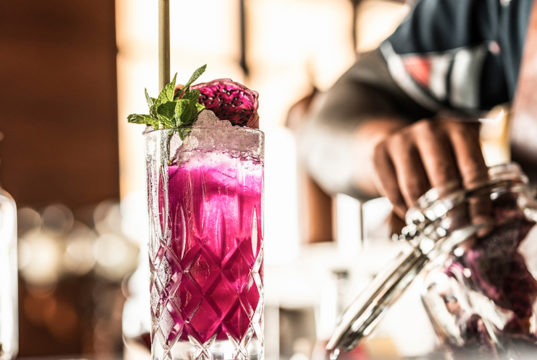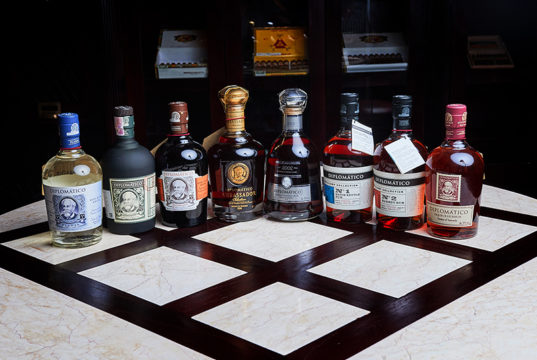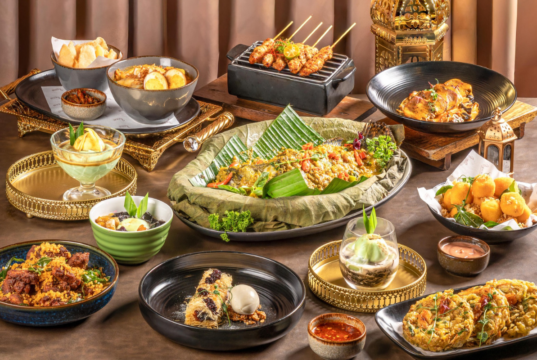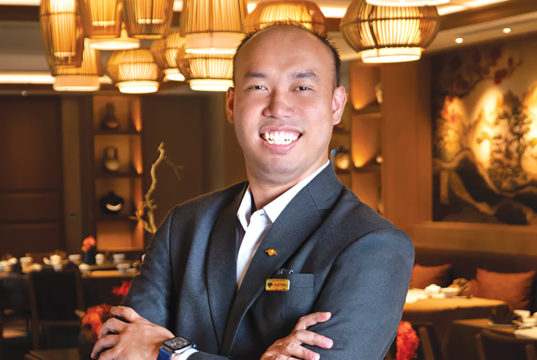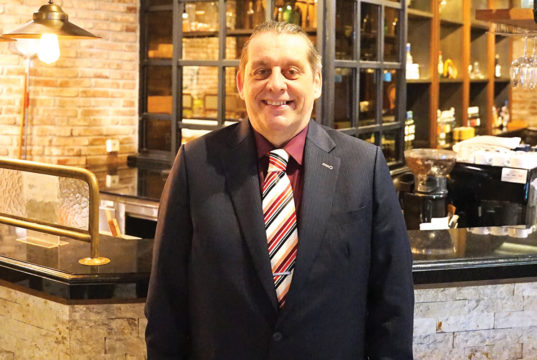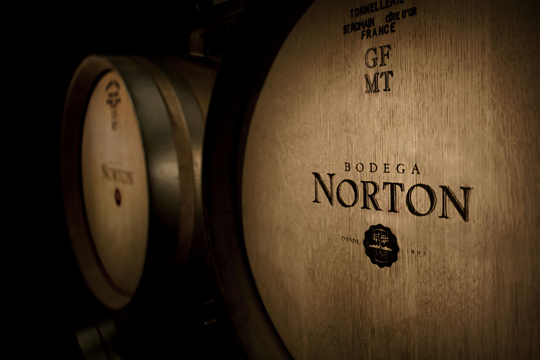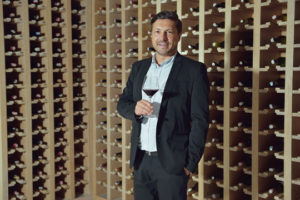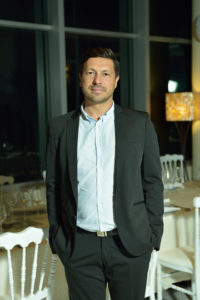 Bringing award-winning wines to Asia from the premium vineyards of Mendoza in Argentina, Exquisite Taste talks to regional export manager of Bodega Norton wines, Michael Müller, about the joys of working within the wine business, the perfect Malbec pairing and the secret to producing world-class wines.
Bringing award-winning wines to Asia from the premium vineyards of Mendoza in Argentina, Exquisite Taste talks to regional export manager of Bodega Norton wines, Michael Müller, about the joys of working within the wine business, the perfect Malbec pairing and the secret to producing world-class wines.
–
By Louise Newsham
For any wine enthusiast, working in the business sounds like a dream come true. Wine dinners across the world, tastings at award-winning wineries and the opportunity to share your love of fine fermented grapes with anyone who will listen – surely it doesn’t get any better than that.
One man who has discovered this for himself is Michael Müller, regional export manager of Bodega Norton wines. Though his position today follows a lengthy run of hard work, determination and an unceasing passion for the business, Michael spoke with us during a lavish dinner at the Bvlgari Resort Bali about his enviable career with the multi-award-winning company.The dinner came shortly after Bodega Norton celebrated its 120th anniversary, making the winery one of the oldest in Argentina. Owned by the Swarovski family and managed by a team of seasoned and passionate professionals, all five of Bodega Norton’s vineyards are located in the premium winemaking region of Mendoza and today, the company exports to over 60 countries worldwide.
Eager to learn more about these exceptional grapes – and more importantly to get a taste of them – we managed to pull Michael away from his Argentinean steak and glass of deep crimson Malbec long enough to talk about Bodega Norton and its legendary track record. We talked about the secrets to producing an award-winning vintage, what it takes to make it in the global market and which Argentinean grapes pair with spicy Asian cuisine.
E : You’ve worked with Bodega Norton for over 10 years, but can you tell us how you first broke into the industry?
Michael: To be honest, I never planned to work in the wine industry. I grew up in Austria, a wine-growing country, so I made contact with wine very early on, but it wasn’t until the age of 18 that I truly found my love for wine when I met an owner of a winery in Austria. He showed me around his vineyards and that’s when I realised just how much work goes in to producing a really great bottle of wine and how much passion and emotion you need to put into it. At that time, I was studying business, marketing and economics, so wine remained a hobby and I never thought of it as a career. Then, around 12 years ago I met a man in charge of the business at a large winery. After talking about wine all evening in a wine bar, three weeks later he called me and asked, “Why aren’t you working in the wine industry?” I had no real answer for him so he hired me there and then!
E : So is working with wine as perfect as it sounds?
Michael: If you have the passion for wine, if you are into wine and if you’re doing what you love to do, then yes, of course! At the end of the day it is still work though, but the best bit about it is it doesn’t feel like work. There’s more to the wine industry than just fancy restaurants and great dinners. It’s about passion, emotion and meeting people all over the world – the right kind of people. You meet open minded people, warm hearted people and they all share the same passion: wine, good food and pairing it. It’s like meeting old friends all over the world with the same spirit.
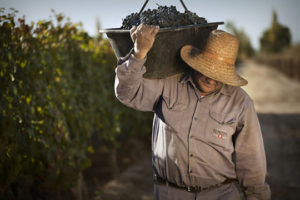 E : Over the years you have personally helped drive Bodega Norton to become one of the top three wine brands out of Argentina. Can you tell us more about how you did this?
E : Over the years you have personally helped drive Bodega Norton to become one of the top three wine brands out of Argentina. Can you tell us more about how you did this?
Michael: The first thing you need is the right product. I don’t like to speak about wine as a product but basically in every industry if the product is bad you will not be successful in the global market. In Bodega Norton’s case, when you have an outstanding wine with an outstanding brand and you have the possibility to invest into the market to build the brand image, then you can be successful. Luckily my bosses, Mr Swarovski and his son, have given me the possibility to act freely and do things a little differently in terms of brand management and brand building. But without a great product I couldn’t have done that. From vintage to vintage, we have always received very high ratings in all of the famous wine magazines. The last seven or eight Malbec Reserva vintages have all received above 90 points and three times in a row were voted within the top 100 wines by the worldwide Wine Spectator Awards – the highest ever rated Malbec at number 36.
This kind of recognition helps to build a brand and gain success all over the world. Our partners and importers have also been invaluable. Our philosophy is to sell to only one sole importer per country, one exclusive importer, long-term partnerships. It’s like a marriage, in good times and bad we stick to our partners like a family. Another philosophy of ours is all about quality, but value for money. At the end of the day all we want is a happy smiling customer who wants to pour another glass.
E : Has this been the only secret to the brand’s success? What does it really take to produce world-class wines?
Michael: The secret to Bodega Norton’s success really comes down to two things: premium vineyards and premium winemakers. Eighty-five percent of the quality of a wine is produced in the vineyards. Having bad grapes will never make good wines, which is why we invest all of our money and efforts into the vineyards. We want natural wines that we don’t touch too much; no chemicals, no pesticides, no herbicides, no nothing – just natural, expert growing.
E : You’re in charge of the export markets in Europe, Asia, Australia and Africa. How have you seen the markets develop over the years?
Michael: Europe is a very developed wine market and highly competitive. When I started, there was no groundwork needed in Europe. People knew about wine, they knew what they liked, they knew about old world and new world wines – they were already trained in wine because it was already part of the culture. On the other hand, when I first went to China, the groundwork needed was phenomenal. I had to show them a glass of wine and explain that it was made from grapes. They thought wine was like Coca-Cola, just made from water and powder! But that was the exciting thing about it.
Nowadays you go to China and the big cities have a very developed wine palate, all within just the last 10 years. But I think that with all countries and regions, the main thing is that wine has become trendy. For the millennials, the 20s to 30s, it’s trendy to know a bit about wine and they’re realising that good food can only be great with the right wine.
” At the end of the day, all we want is a happy smiling customer who wants to pour another glass. “
A Culture of Connoisseurs
Argentina is a country full of joie de vivre, expressed through tango, adventure, great steaks and fine wines. Argentina is one of the “new world” wine-producing regions and is now the fifth-largest wine producer in the world. Argentina has excellent climatic conditions that allow the growing of multifarious grape varieties, including its two signature grapes, Malbec and Torrontes, both of which are unique to Argentina.
E : How does Indonesia fare in comparison?
Michael: There is still lots of work to be done in Indonesia. The driving force is tourism, but in Jakarta more and more wine bars are popping up for locals too and it’s becoming trendy to have a nice bottle of wine after work. Things take longer here, especially with the high government tax so it’s more challenging to develop a wine-drinking culture. It needs time but it will come. There is certainly lots of potential and working with the Indonesian people has been great fun – they are passionate, friendly and full of energy.
E : You’ve said wine pairing is very important in maximising both the food and the grapes. Is it possible to do that with spicy Indonesian food?
Michael: Generally it’s very difficult to pair wines with very spicy food as you need to find a nice balance where one does not destroy the other. When you have very spicy food you shouldn’t choose a really heavy, full bodied red wine, instead it would be best to get a very aromatic white wine that can stand against the spiciness. One example would be an Argentinean Torrontes. It’s very flowery, lots of roses and jasmine, whilst on the palate it is very fruit-driven with lychees, pineapples and intense aromas. These kinds of wine could stand against the spice.
E : So what’s your favourite Bodega Norton bottle?
Michael: I would say the Privada 2004 vintage. It was a sensational vintage and also one of the first vintages I added to my private cellar. The blend fits together perfectly – Malbec gives wonderful fruit, Cabernet gives it character, personality and tannins, while the Merlot makes it soft and round and smooth. It’s a very harmonic blend.
E : And what’s your favourite food to pair with Bodega Norton wines?
Michael: That’s easy – Argentinean steak! A nice ribeye with a Malbec Reserva. No salad, no potatoes, just the beef grilled on an open coal fire. The sweetness of Malbec matches everything that comes from a beautifully smokey barbecue.
E : Finally, what advice would you give to budding wine enthusiasts looking to break into the industry?
Michael: First of all you need to bring a true love of wine to the table, not just an interest. You have to really be into it. You can learn and take courses but at the end of the day you need that passion. It’s really hard work and the competition is strong internationally, so you have to have the passion, the heart and the right intentions. If you have that, just do it. Don’t be shy and get in contact with wine and wineries as much as you can.




